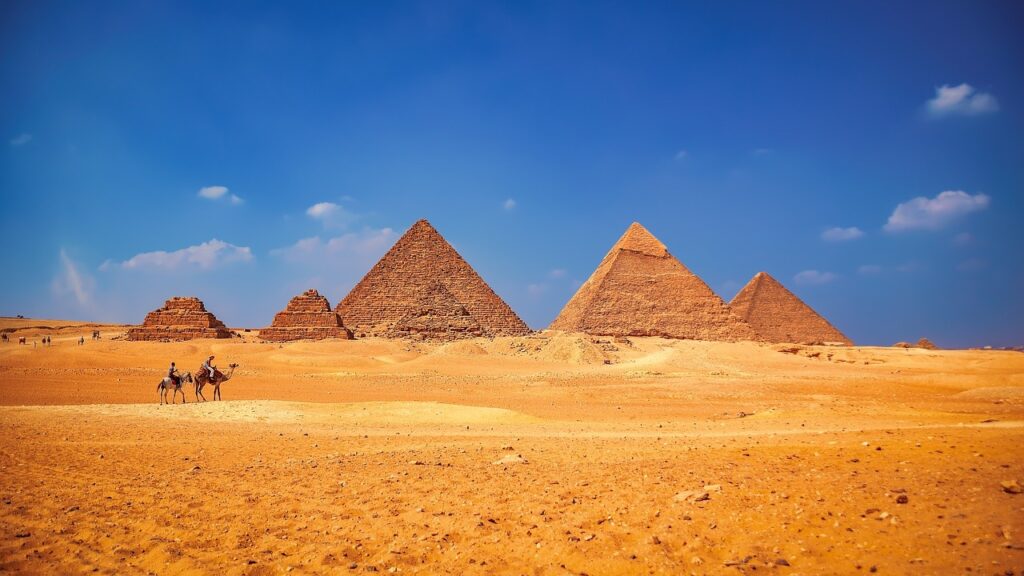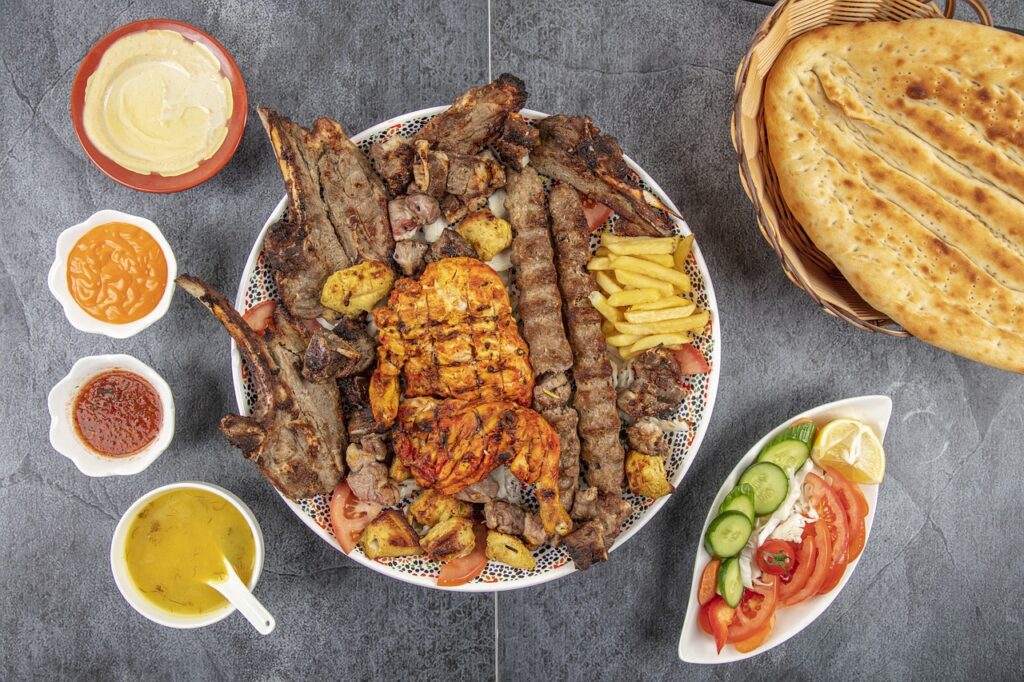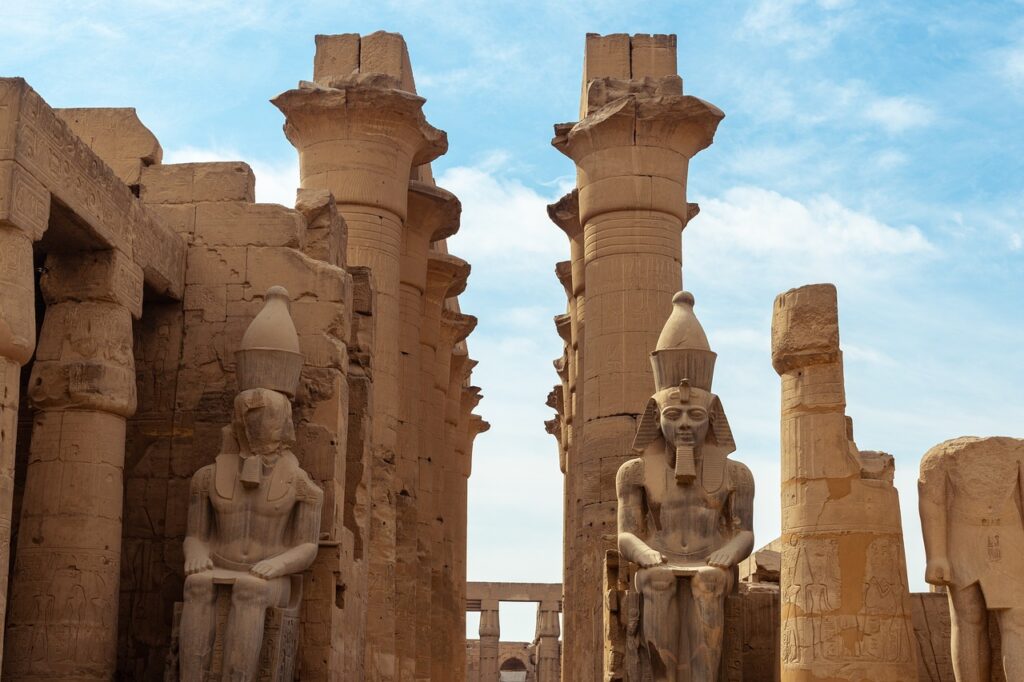

Egypt is a land of ancient wonders, bustling bazaars, and vast deserts, captivating millions of travelers for centuries. There are plenty of fascinating sights to discover here, starting with the iconic pyramids, the Great Sphinx, and the mesmerizing temples of Luxor. You can also explore Cairo’s vibrant streets to discover its bustling markets or cruise along the enchanting Nile River.
Below, we’ll cover everything you need to know before embarking on an unforgettable trip to Egypt. From travel essentials to must-visit sights and top dining destinations, we’ll help you prepare for the adventure of a lifetime.

Two of the most essential items to bring for your trip to Egypt are the passport and visa. Without them, you cannot enter the country. For the passport, it has to be valid for at least six months. Egyptian authorities are very strict about this, so double-check your passport’s expiry date to avoid issues at the border. If your passport is expiring soon, you better get it renewed as soon as possible.
For the visa, you will have a few options depending on your nationalities. Most nationalities, including those from the United States, the UK, Canada, and Australia, can apply for an e-visa online before departure. It’s more convenient than a visa on arrival since it saves you from the hassles of queueing at the airport. Those who are not eligible for an e-visa or visa on arrival will have to go to an embassy or consulate of Egypt to apply for a visa.


What is the best time to visit Egypt?
Egypt can best be explored during the relatively cooler months, from October to April. The weather is mild. Hence, it is easier and more comfortable to go around the country for sightseeing and engaging in outdoor activities. Egypt’s ancient sites are particularly pleasant during December to February, whereas March and April enjoy beautiful spring weather. Avoid visiting during the peak summer months, June to August, when temperatures go as high as 100°F (38°C), especially in desert areas.
What is the best way to get around Egypt?
You can take taxis, trains, or a domestic flight to get around Egypt, depending on where you’re going. For instance, if you want to travel between Cairo and Aswan or Luxor, taking a flight is the best way to go. Sleeper trains are also good alternatives for traveling between major cities in comfort. For short trips within major cities, you can hail taxis or book through ride-sharing apps. Be sure to negotiate the price with taxi drivers before taking a ride or confirm that the taxi meter is running. When exploring the Nile, you can book feluccas (wooden sailing boats). In some major tourist destinations, it is possible to get around with a bicycle.
Is Egypt safe for visitors?
Egypt is a generally safe destination, especially popular tourist attractions like Cairo, Luxor, and Aswan. The government has increased security measures in these areas to ensure the safety of visitors. However, one should be aware of the current travel advisories and avoid areas with political unrest. Exercise precautions for safety, such as avoiding demonstrations and keeping personal belongings safe. In addition, book with a good tour operator and stay in highly-rated accommodation to ensure a safe and enjoyable journey around Egypt.